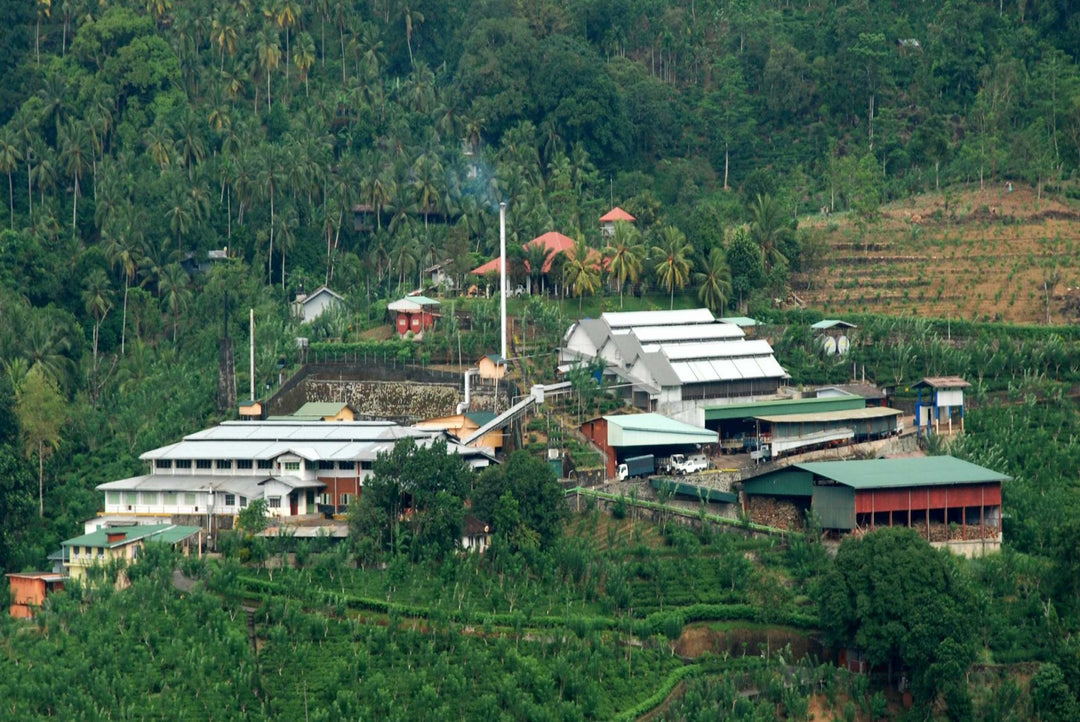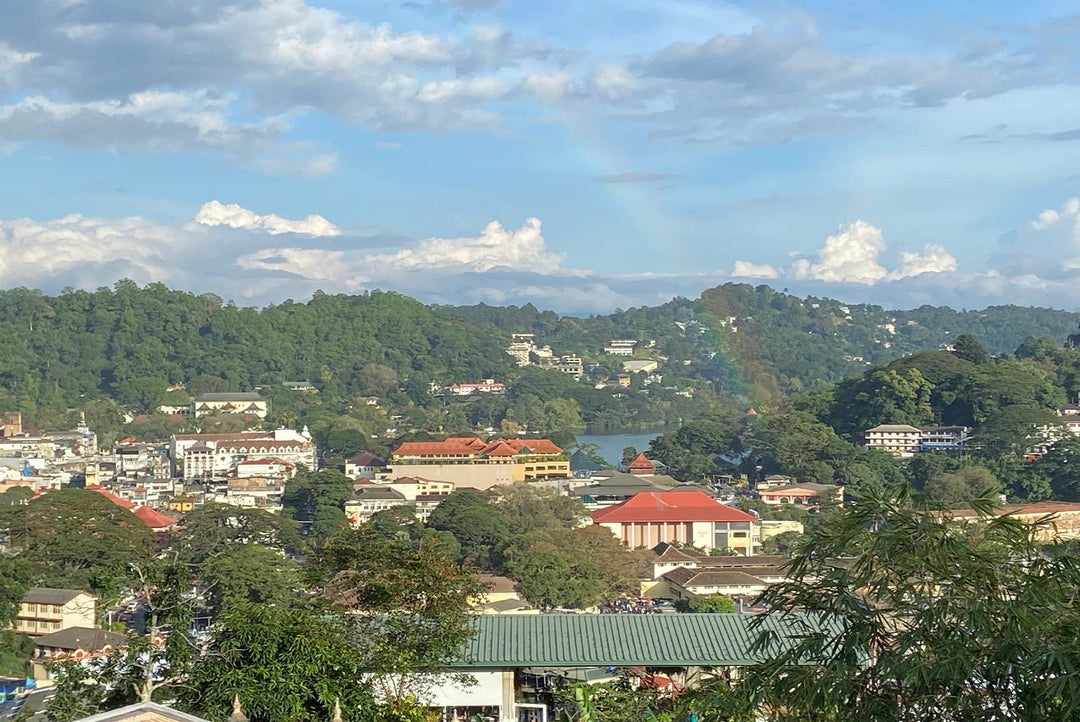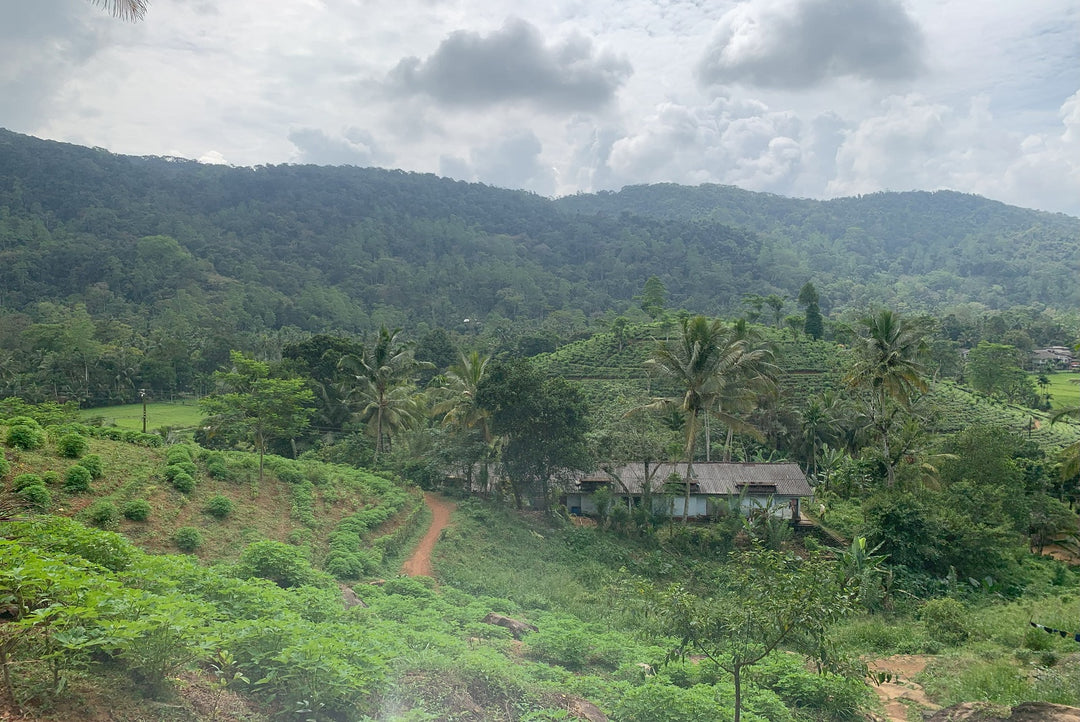The Joyous Celebration of Thai Pongal
The month of January sees the festival of Thai Pongal, a vibrant Tamil festival which stands as a testament to the deep-rooted agricultural traditions and cultural heritage of the Tamil community.
Celebrated predominantly in South India, Sri Lanka, and among the global Tamil diaspora, Thai Pongal is a time of gratitude, devotion, and communal festivity. The Tea plantations of Sri Lanka’s hill country are populated with Tamils and estates stop work over this period for people to celebrate.
Celebrated predominantly in South India, Sri Lanka, and among the global Tamil diaspora, Thai Pongal is a time of gratitude, devotion, and communal festivity. The Tea plantations of Sri Lanka’s hill country are populated with Tamils and estates stop work over this period for people to celebrate.
At its core, Thai Pongal is an agrarian festival, expressing gratitude to the Sun God, Surya, for the bountiful harvest. The festivities typically span four days, with the main day, Thai Pongal, falling on the second day of the Tamil month of Thai – 15th January in 2024.

Traditional decorations of Thai Pongol
The highlight of Thai Pongal is the preparation of the eponymous dish, "Pongal." Traditionally this is cooked in earthen pots outdoors, this delectable concoction is made by boiling newly harvested rice with jaggery, fresh milk, raisins, cashews, cinnamon, nutmeg, cardamon and an assortment of lentils. Drive around the tea country at this time of year and it's the smell of the Pongal that is in the air. As the mixture simmers, the air fills with the tantalizing aroma of Pongal, symbolizing abundance and prosperity.
This is personally one of my favorite dishes to eat and makes a great Breakfast.
Thai Pongal revolves around the Sun God, a symbol of life and energy. Devotees wake up before sunrise to prepare the Pongal dish, engaging in a ritualistic act of offering the freshly cooked rice to the Sun God. This practice signifies the acknowledgment of nature's role in providing sustenance and prosperity.
The third day of Thai Pongal, known as Mattu Pongal, is dedicated to expressing gratitude to cattle, integral partners in the agricultural process. Cattle are adorned with colorful garlands and treated with special meals as a gesture of appreciation for their contribution to farming activities.
One of the remarkable aspects of Thai Pongal is its ability to bring together people from diverse backgrounds. Regardless of caste, creed, or religion, communities join hands in celebrating the festival, fostering a sense of unity and shared cultural identity. Traditionally I have always spent Thai Pongal in the hill country in Maskeliya. You can read about PMD's origins in Maskeliya here. Last year I was lucky to spend Thai Pongal in southern Sri Lanka and was welcomed to celebrate the festival with the workers of Lumbini in Deniyaya.

Being welcomed by the people of Lumbini
Thai Pongal is more than just a harvest festival; it's a tapestry woven with threads of gratitude, tradition, and community. As the aroma of Pongal fills the air and families gather to celebrate, Thai Pongal becomes a beautiful reflection of the rich cultural heritage of the Tamil people, reminding us to be thankful for the bounties of nature and the bonds that tie us together.




